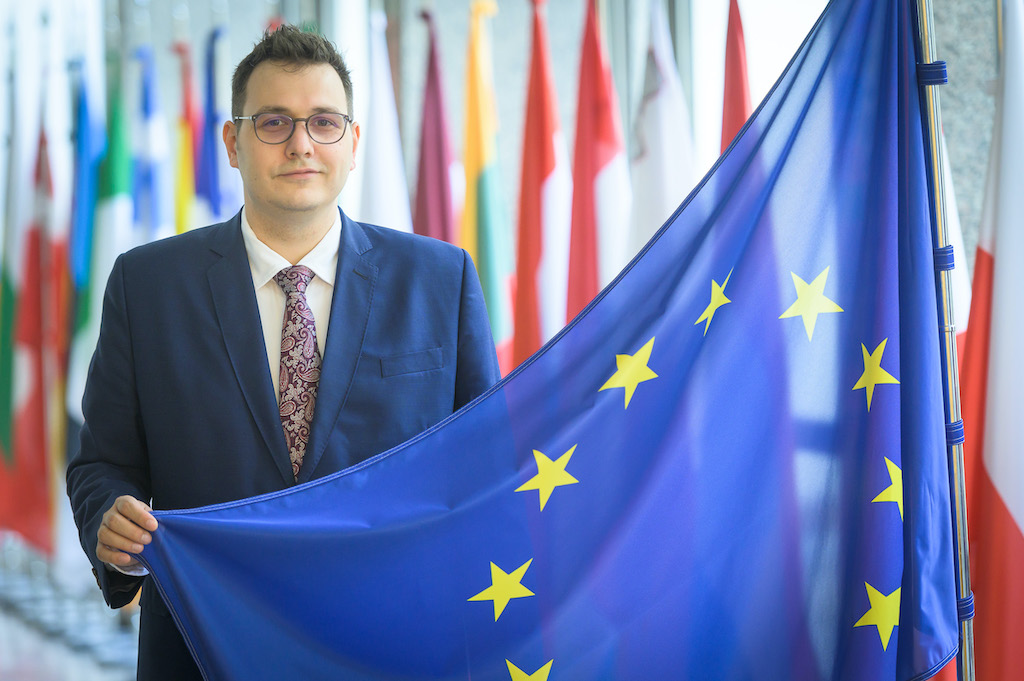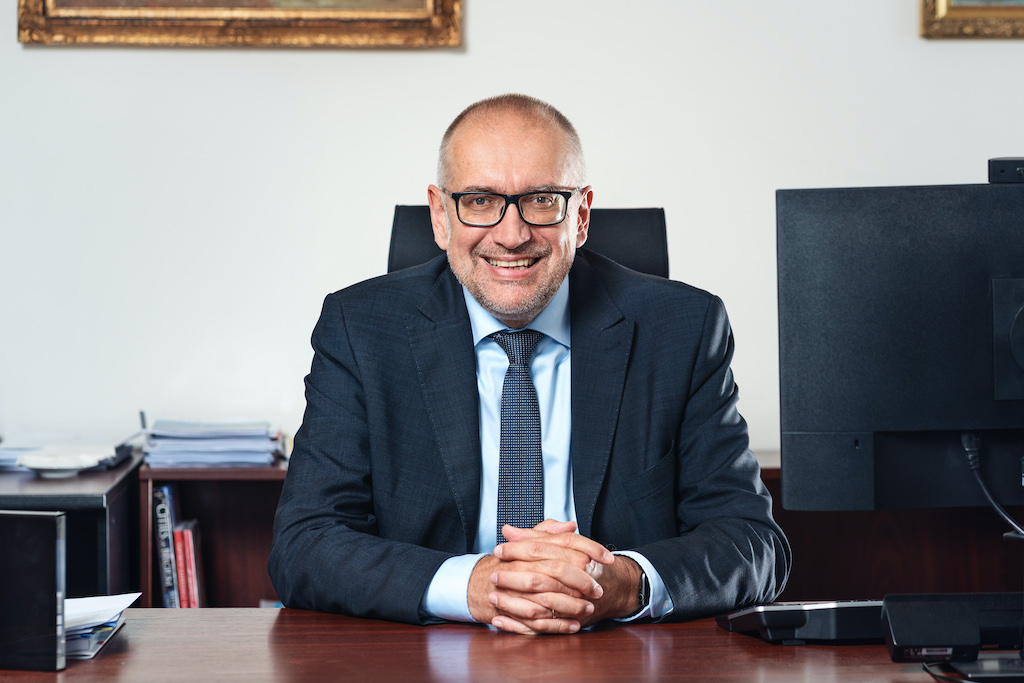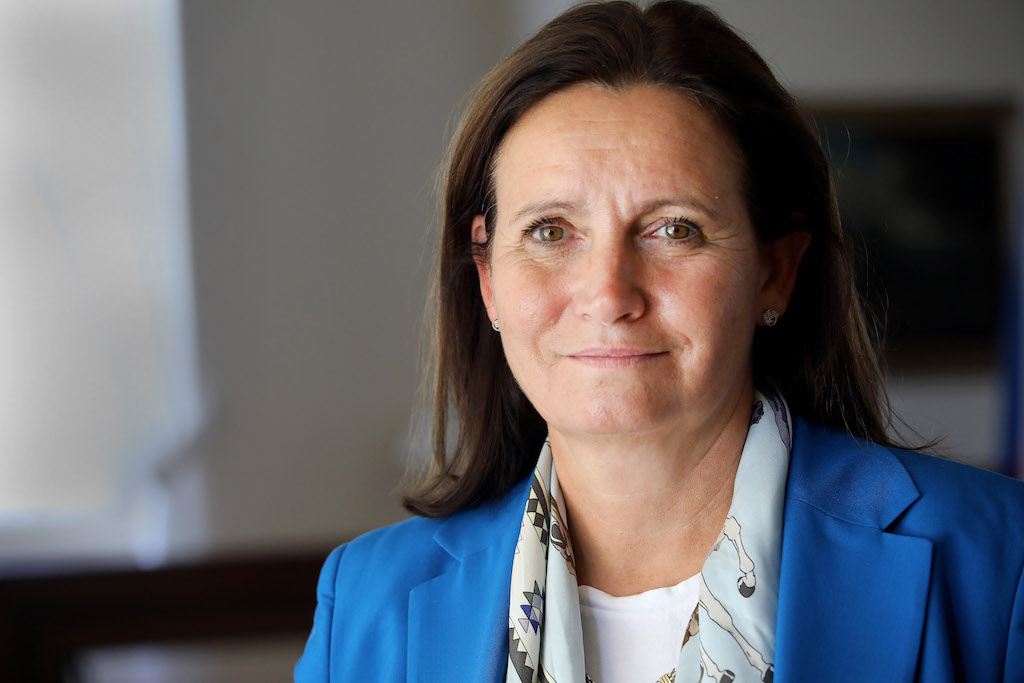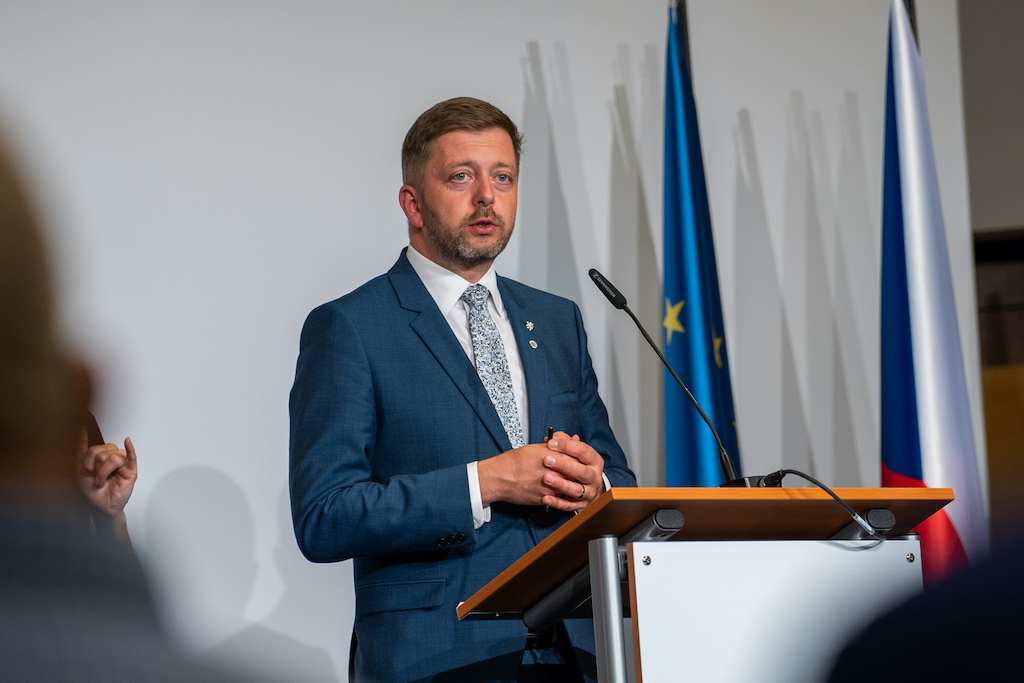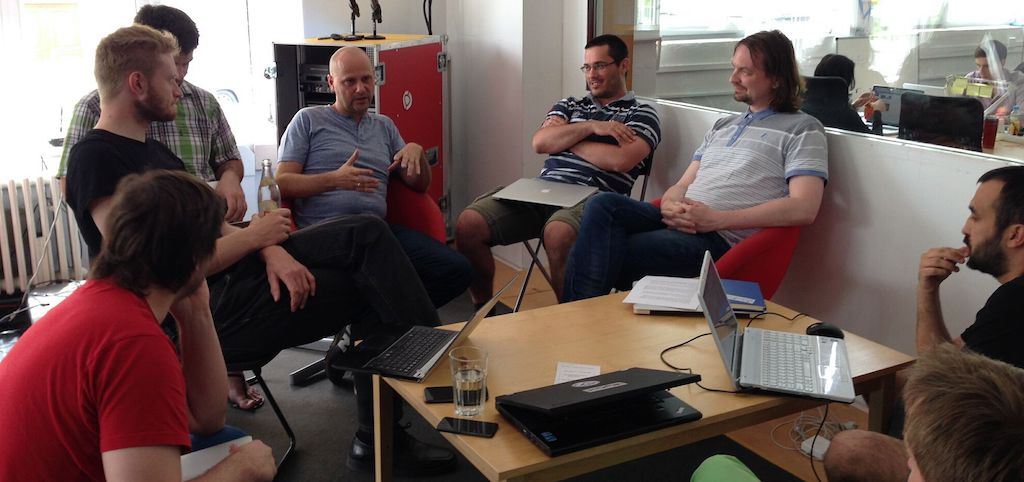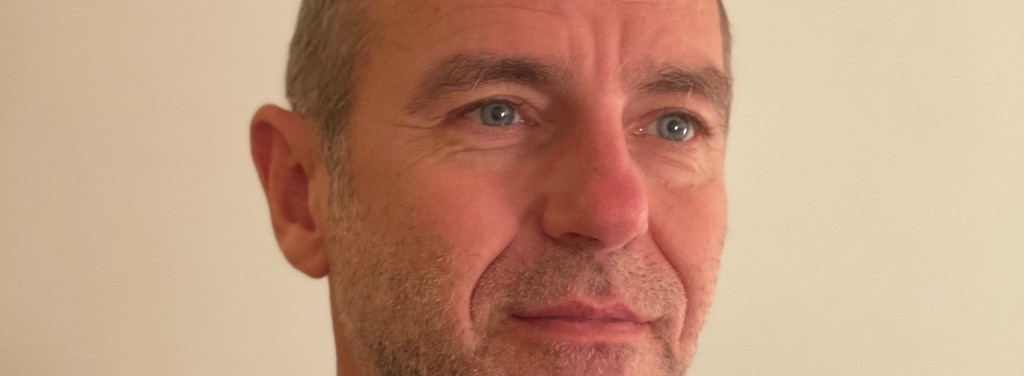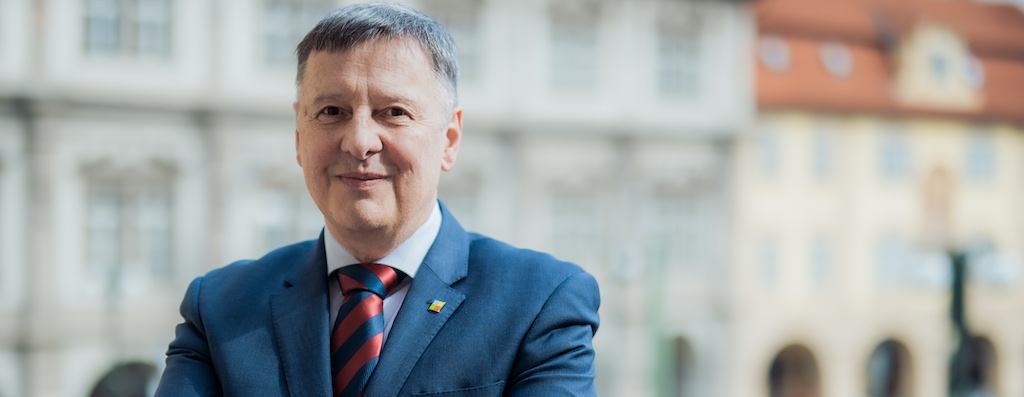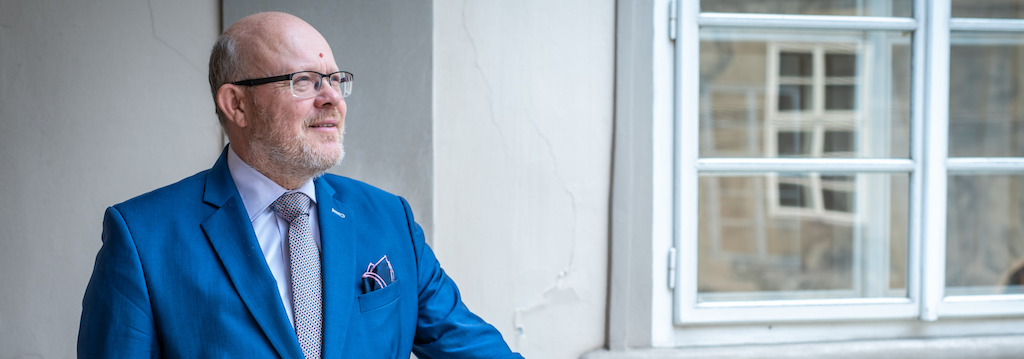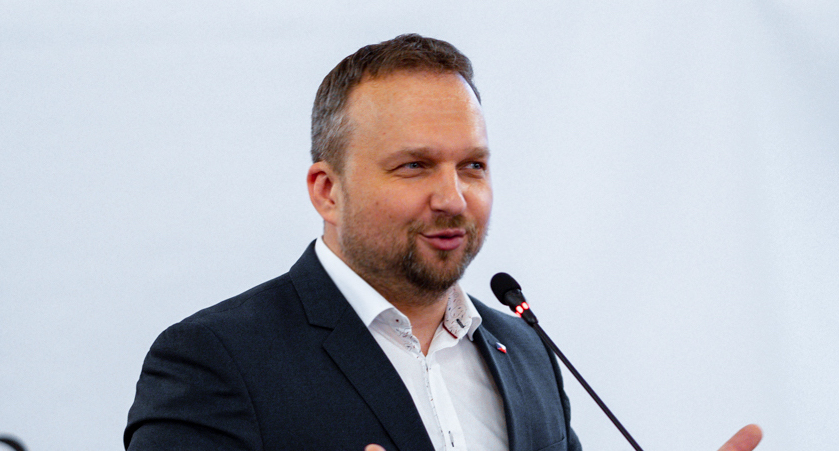Chairing the Council of the European Union starting in January 2019 will be a favorable opportunity for promoting greater interest in Romania, as a cultural destination for those who wish to know us as a nation with a history of two thousand years, anchored in tradition but also forward-looking.
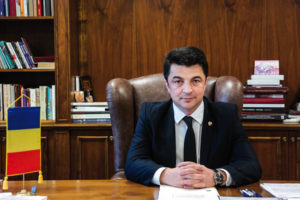 As a people with Latin roots, descendants of Geto-Dacians (whom Herodotus considered to be “the bravest and most honest of the Thracians”), Romanians have, from ancient times until the present, gone through all of the fundamental moments of our common European history, every time assuming their role as one of the most balanced political actors and as the protectors of the material and spiritual heritage of this European region. They carried with dignity their national identity and they promoted their fundamental values, being situated at the crossroads of the Eastern world and Western Europe, regardless of the socio-economic models or the cultural and aesthetic orientations that came about. Known for their hospitality and kindness, Romanians are foremost the possessors of virtues that are part of a long Christian tradition, which also enables dialogue and respect for all of the other religions, beliefs, traditions and cultures of other people.
As a people with Latin roots, descendants of Geto-Dacians (whom Herodotus considered to be “the bravest and most honest of the Thracians”), Romanians have, from ancient times until the present, gone through all of the fundamental moments of our common European history, every time assuming their role as one of the most balanced political actors and as the protectors of the material and spiritual heritage of this European region. They carried with dignity their national identity and they promoted their fundamental values, being situated at the crossroads of the Eastern world and Western Europe, regardless of the socio-economic models or the cultural and aesthetic orientations that came about. Known for their hospitality and kindness, Romanians are foremost the possessors of virtues that are part of a long Christian tradition, which also enables dialogue and respect for all of the other religions, beliefs, traditions and cultures of other people.
As a place of ethnic diversity, multiculturalism and multilingualism, Romania has the special mission, within the European Union, of continuing the projects previously begun. Furthermore, Romania must also develop national policies and strategies for improving public services in the cultural sector, promoting diversity of cultural expression, supporting cultural entrepreneurship and young artists, as well as integrating culture within projects of sustainable territorial development, by focusing on tourist attractions with a more cultural approach. We consider that the vitality of the European Union is strongly impacted by culture, by the spirit of creativity, as well as by all of the main players within the cultural sector. For this reason, considering its Presidency of the Council of the European Union, Romania has set itself the goal of developing large-scale projects and of organising international events that promote and encourage unity in diversity, as well as to reshape the value of cultural items and products, which are all part of the tangible and intangible heritage of each nation and culture. In this sense, we have set ourselves the goal of giving particular attention to organisations, institutions and other cultural actors which have great potential in elaborating complex, transversal, transnational and interdisciplinary programs, via private or public partnerships – in order to manage heritage and its resources so that access to culture is possible for all socio-economic levels, without discrimination, including especially the youth population, which we consider to be a core target because of its ability to disseminate the cultural values of each country and also of the European Union as an entity.
By aligning itself with the European framework of keeping, valuing, protecting and promoting the cultural heritage of nations, a primary asset of the European Union, Romania has set itself strategic goals and is currently implementing The Strategy for Culture and National Heritage 2016–2022 (SCPN 2016–2022) involving projects of international importance. The beneficiaries are both actors from the cultural sphere and the greater public (The Council of Europe Development Bank). The projects focus on encouraging the curating of European elements in Romanian culture, via modern means and applying high academic standards; and on evaluating the potential that IT&C can bring to the process of digitalising cultural heritage, having as its purpose of increasing accessibility to cultural resources by the greater public. I wish to mention 3 such projects: “E-culture: The digital library of Romania” (implementation: July 13th 2018 – July 12th 2021), “National Monuments – strategic planning and optimization of public policies” (implementation: July 12th 2018 – September 12th 2020) and “CultPlatForm_21 – Danube Culture platform – Creative Spaces of the 21st Century”, implemented by a consortium of 19 organisations from 8 European states: Austria, Germany, Bulgaria, Romania, Hungary, Serbia, Slovenia and Luxembourg; and having as its main objective the goal of developing an innovative environment for creating policies dedicated to cultural connections in the Danube region (implementation: January 2017 – June 2019).
Among the public policies proposed by Romania, in the context of the Presidency of the Council of the European Union, there are some that focus on the international evaluation of certain important cultural attractions in Romania, in order to include them in the UNESCO World Heritage List (here we refer firstly to the Monumental Ensemble Constantin Brâncuși, from Târgu-Jiu, and also to the shirts with “altiță” – the Romanian blouse – “ia”), and some that focus on expanding the interest in numerous attractions that can be found in other EU states. At the same time, we wish to catch the attention of other Europeans, and orient it towards particular renowned Romanian figures, who enjoyed internationally-recognised careers (ie. Dimitrie Cantemir, Constantin Brâncuși, Nicolae Grigorescu, Ciprian Porumbescu, George Enescu, Mihai Eminescu, Lucian Blaga, Mircea Eliade, Emil Cioran, Eugen Ionescu and many others), and who all belong to a special category of persons, declared Living Human Thesauri, a very respected title in Romania, around which many cultural events are organised.
Romania can boast of a very special geographically localised culture: from traditions to its heritage and cultural attractions, and highly respected individuals or artists who have brought fame to Romania, to cultural products of enormous value, all of which need a spotlight on abroad (especially those from the film industry, imitative arts, shows, alternative and experimental creations, and so on). In order to promote all of them in a proper and efficient manner, we shall implement a protocol between Romania’s organisations and institutions and those of the other European countries, and we propose the implementation of a strategy for valuing Romanian cultural diplomacy and the network of Romanian Cultural Institutes.
When dealing with culture, there are no borders. It does not belong specifically to one particular nation, ethnicity or social group. We are part of a bigger totality, a European asset that belongs to all and which, even though it shares its gifts with all who wish to know it, it will never become less. This is the reason for which we need to continue cultivating mutual acquaintance, interaction, dialogue, and intellectual and creative work; all the while following the same principle of respect for all national languages, histories, beliefs and cultures of all people, since they represent national identity, as encompassed by common European values.





